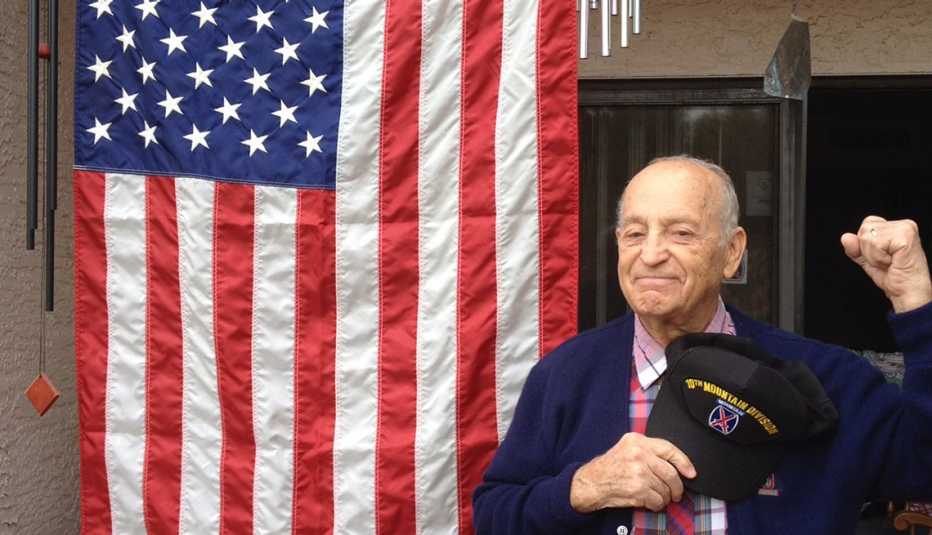AARP Hearing Center
I was in Disney World with my four children when a phone call changed my life. The president of ABC News was on the line, telling me that my journalist husband had been injured by a roadside bomb in Iraq. I remember trying to process the words “shrapnel to the skull” and “head trauma.” Bob had covered wars and conflicts for years and was embedded with the Marines during the Iraq invasion. This trip was supposed to be a short, simple visit to Iraq and back.
From trauma to healing
But in war, as with head injury, nothing is simple. When I finally saw his comatose body, skull shattered by the force of the blast, my world shrunk down to the immediate moment and staying in a bubble of hope. The present was all I had and that was where I tried to live for the next six weeks until Bob woke up from his coma. That was when the real work began.
Life at Bethesda Naval Hospital near Washington, D.C. (now called the Walter Reed National Military Medical Center), was another world. Unlike Bob, I was unfamiliar with the military culture and impressed by the tribe of families who supported one another through tragedy in multiple ways. Those families would teach me many things about serving your country, about quiet, selfless heroism and about resilience.
Impact of war
Eighteen years have passed since the Sept. 11 terrorist attacks. The young men and women enlisting in the military today were not alive when the planes hit the twin towers. And even now, nearly two decades later, we are still a country at war.
In those 18 years, thousands of Americans have enlisted, deployed, fought, come home wounded or different. Some have not come home at all. Lives have been disrupted, dreams hijacked and extinguished. Loved ones have knelt at gravesides or quietly gone about the business of caregiving — decades before they had imagined the role would apply to them. An alarming number of veterans have taken their own lives as we struggle to provide adequate mental health therapies. The number of veteran suicides recently exceeded those who died on the battlefield in Iraq and Afghanistan. That’s simply unacceptable.






































































